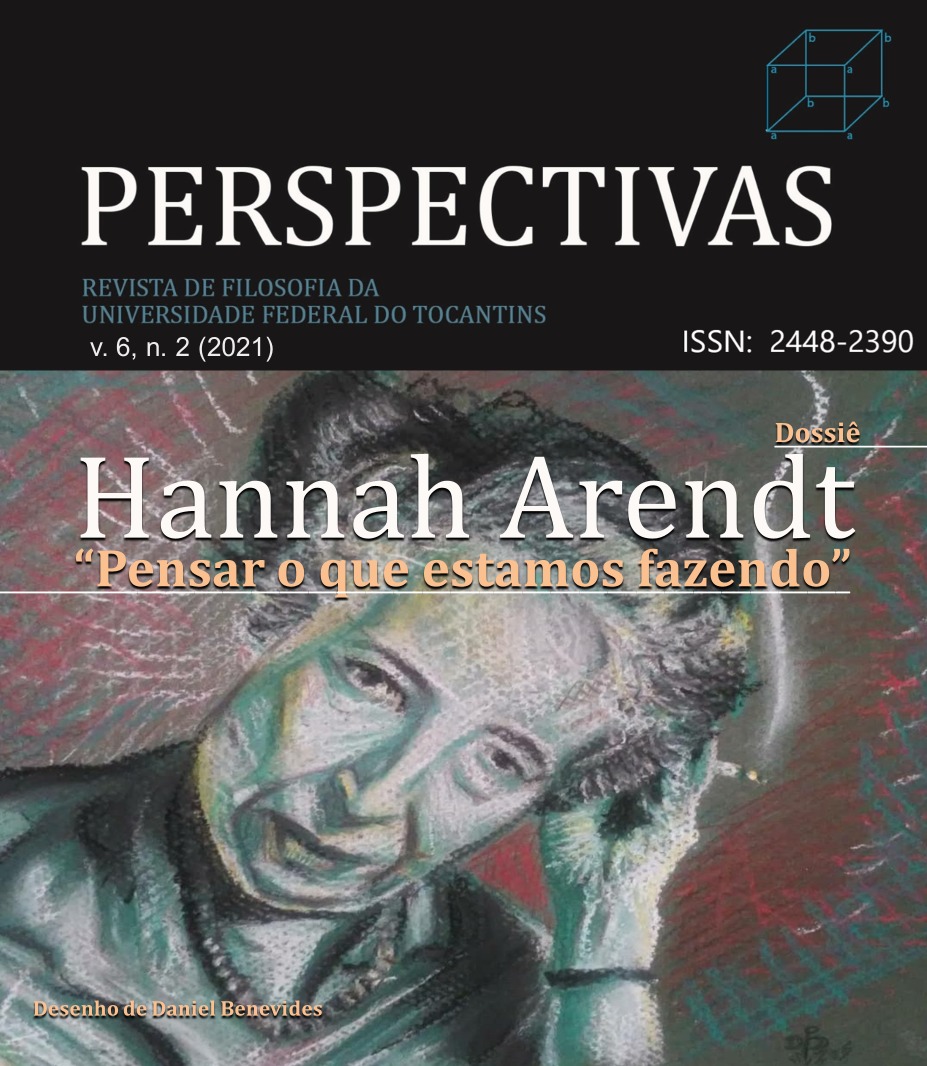The appearence of freedom in Hannah Arendt's thought
DOI:
https://doi.org/10.20873/rpv6n2-13Abstract
This paper aims to make an interpretation of the concept of freedom in Hannah Arendt’s thought from the notion of appearance. Therefore, I explain the distinction by which the author understands the originality and specificity of political freedom compared to inner freedom (of thought and/or will) and liberation. Then, I develop the argument that the emergence of public freedom has a co-originated relationship with politics. From this perspective, what stands out is the performativity of human freedom, an element that refers to Machiavellian virtù and that gives freedom its own political dimension. Thus, it appears that the meaning of free political action is not subjugated to purposes or causes, but rather to its own execution. Freedom gains a dimension of worldly dignity and affirms the glory and beauty of action: human plurality emerges as a condition not only of politics, but of freedom, given that its realization is intrinsically linked to plural human action in a common world.
Downloads
Published
How to Cite
Issue
Section
License
The Magazine is under the Creative Commons Attribution 4.0 International Public License (CC BY 4.0), according to which:
1) The authors retain the copyright and grant the journal the right of first publication, with the work simultaneously licensed under the Creative Commons Attribution which allows the sharing of articles published with the recognition of authorship and initial publication in this journal.
2) Authors are authorized to enter into additional contracts separately for distribution of the version of the work published in this journal, as long as there is recognition of authorship and initial publication in Perspectivas.
3) Authors are authorized and encouraged to disseminate published texts with proper references to the journal and its authors.





















